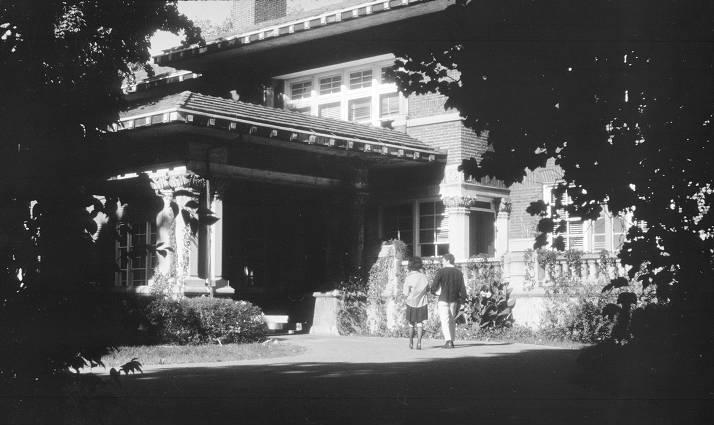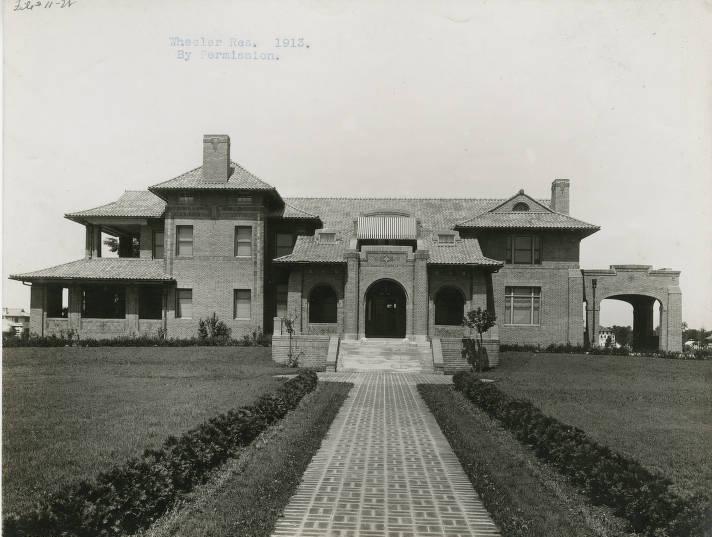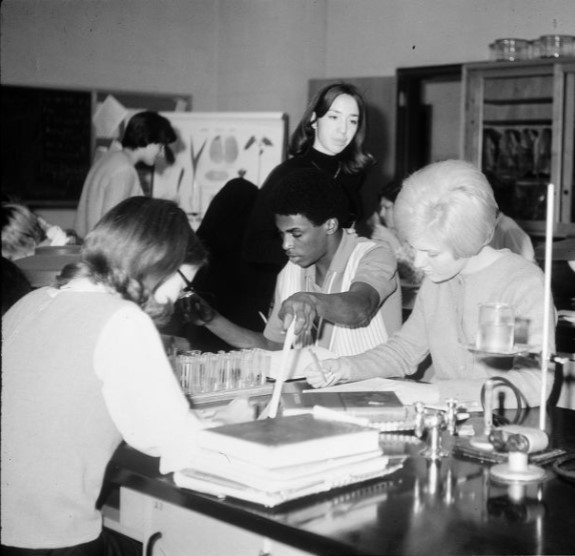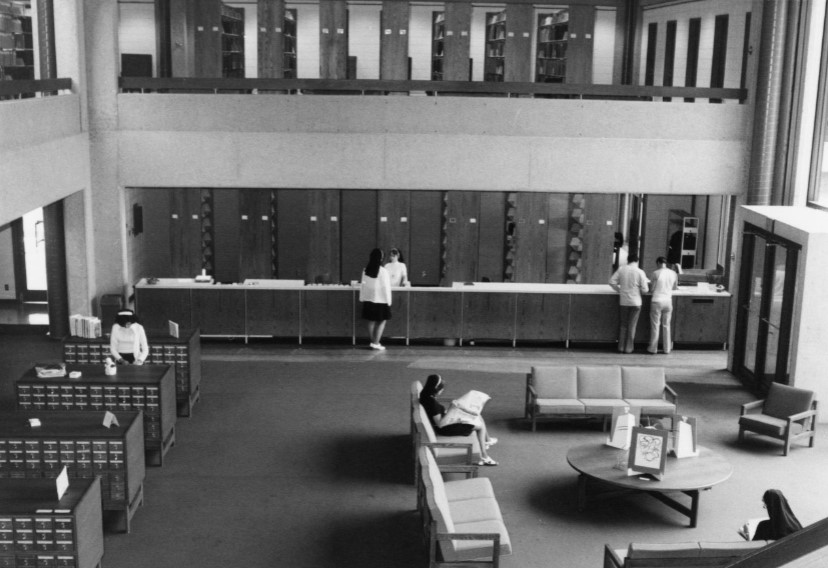Marian University is an independent, coeducational, comprehensive liberal arts university. Affiliated with the Roman Catholic church, the university is located on a 114-acre campus on Cold Spring Road, a 10-minute drive from downtown Indianapolis. Its property comprises the former estates of three of the four founders of the : , , and .

Originally called Marian College, its emergence as a liberal arts college parallels similar developments in other Catholic women’s colleges. In January 1851, Father Francis Joseph Rudolph brought Sister Theresa Hackelmeier from her Franciscan convent in Vienna to found the Congregation of the Sisters of Saint Francis in Oldenburg, Indiana. The sisters provided of Oldenburg and the vicinity with properly trained teachers, versed in Catholic pedagogy, to teach the growing number of children in that area.
In 1910, the Indiana Department of Education approved the St. Francis Normal School as an institution qualified to prepare the sisters to teach in both parochial and public elementary schools. The congregation then established Immaculate Conception Junior College at Oldenburg, a two-year junior college with a normal school department, which the state approved in 1924. In 1936, the two schools merged under the name of Marian College, dedicated to the Virgin Mary.
Under the direction of Mother M. Clarissa Dillhoff, the college relocated to the Allison estate on the west side of Indianapolis and was chartered by the state in 1937 as a four-year institution. The entire faculty and student body, 16 sisters and 24 women students relocated into the two main buildings on the former estate. Archbishop named Father John J. Doyle to serve as college chaplain and full-time professor.

The college significantly expanded its acreage in 1963 with the purchase of the Wheeler estate (then owned by the Stokely family). Two years later the board of trustees physically united the school by purchasing the Fisher property (then the Park School for Boys, see ), which had divided the Allison and Wheeler estates.
In 1954, Marian College initiated a series of “firsts.” The administration, auditorium, and science buildings were used for the first time, the new chapel was completed, and Father Francis J. Reine became the first priest-president of the college. Perhaps the most noticeable change was in the student body which, for the first time, included male students. Marian became the first coeducational Catholic college in the state and one of only five in the nation.

In 1968, the board of trustees appointed the first lay president, Dr. Dominic Guzzetta. Within a matter of months, the board itself was reorganized. Although still chaired by the congregational minister of the Sisters of Saint Francis following the reorganization, the board consisted of a preponderance of lay persons rather than sister members. In 1987, the board elected the first lay chairperson.
In 1993, Marian’s 1,233 students had available 54 programs of study and degrees in 26 subject areas. A substantial majority of the students remained female, many were attracted to well-established programs in nursing and teacher education. Only 44 percent of the students were Catholic. At the time, a strong selling for prospective students, many of whom were the first generation in their families to attend college was the student-to-faculty ratio of 14 to 11. The institution was an active member of the National Association of Intercollegiate Athletics.
The school’s 29 buildings include a library, three residence halls, a student center, and the Allison and Stokely mansions, which are used as conference centers. In response to the consistently increasing enrollment, in 1989 the 28 sisters who lived in St. Francis Hall exchanged their quarters for two new apartment buildings.

Despite its small size, Marian is surprisingly cosmopolitan, in part because of the English Language School (ELS) that is housed in part of the former Fisher estate. A component of the campus since 1960, ELS teaches an average of 50 to 60 international students from countries such as China, Indonesia, South Korea, Vietnam, Taiwan, Mexico, France, and Central and South America, who come to the school to learn English.
Marian strives to be recognized as the “College that Mentors.” In 1990, the college, with financial support from the , established a “Mentor-Leader Certificate.” Students, through a close relationship with the faculty, are instructed on how to motivate, coach, instill confidence, and serve as advocates for fellow students.
*Note: This entry is from the original print edition of the Encyclopedia of Indianapolis (1994). We are currently seeking an individual with knowledge of this topic to update this entry.

Help improve this entry
Contribute information, offer corrections, suggest images.
You can also recommend new entries related to this topic.